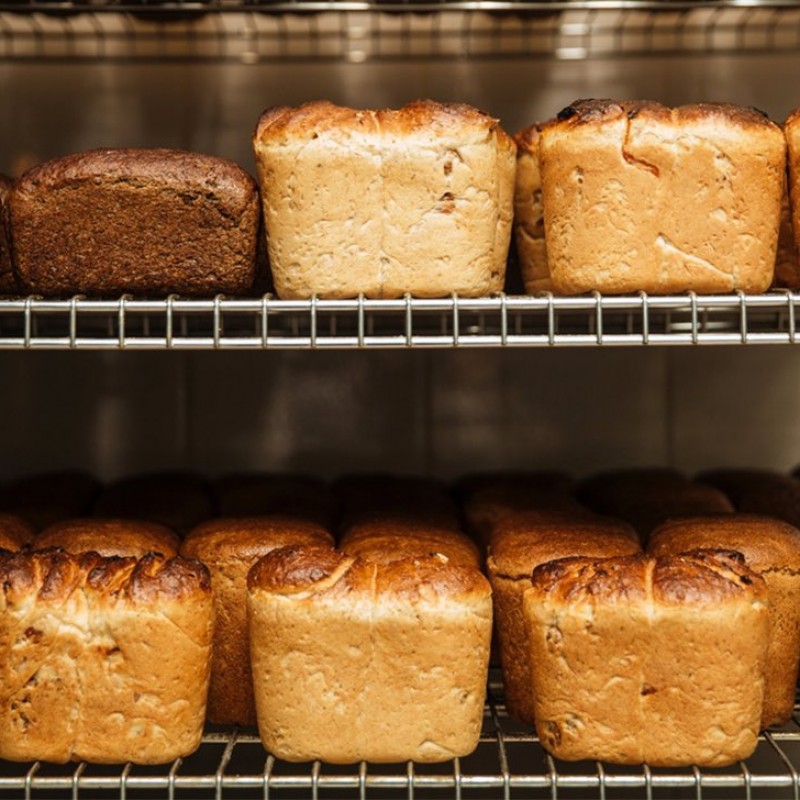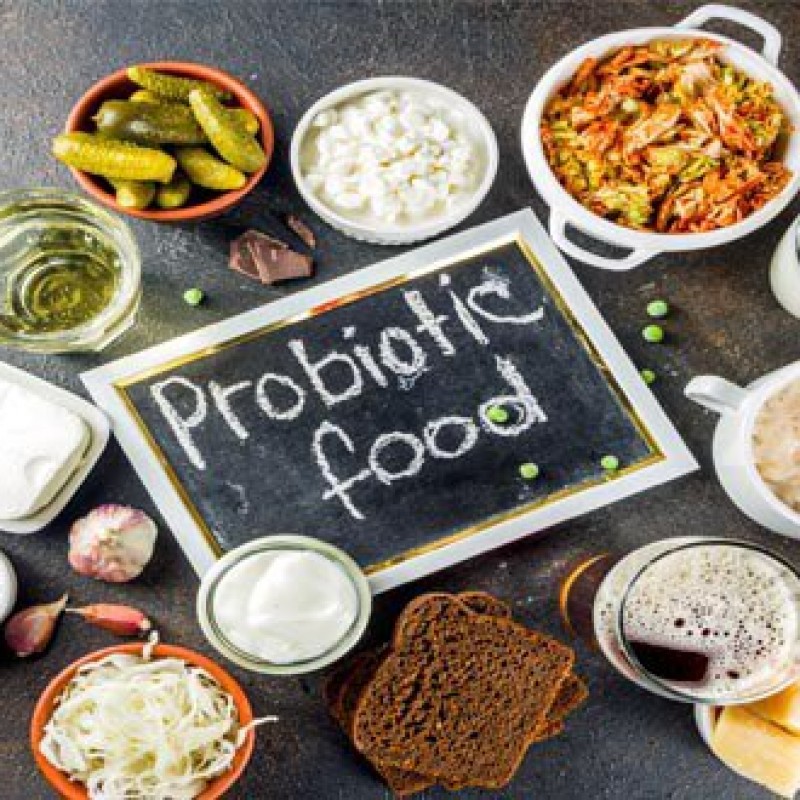Manuka honey is a type of honey native to New Zealand that is produced by bees that pollinate the flower Leptospermum scoparium, better known as the manuka bush.
The antibacterial properties of Manuka honey are what distinguishes it from traditional honey.
Methylglyoxal is the active ingredient and is responsible for the antibacterial effects.
1. Helps heal wounds
Studies have shown that manuka honey can promote wound healing, increase tissue regeneration and reduce pain in burn patients.
A Greek study showed that manuka honey wound dressings reduced healing time and disinfected wounds in patients with diabetic foot ulcers.
2. Oral health promotion
Studies have shown that Manuka honey attacks harmful oral bacteria associated with plaque formation, gingivitis and tooth decay.
Research has shown that highly effective antibacterial Manuka honey is effective in inhibiting the growth of harmful oral bacteria such as P. gingivalis and A. actinomycetemcomitans.
3. Helps treat stomach germs
Research suggests that manuka honey may help treat stomach ulcers caused by H. pylori.
A study examined its effect on gastric ulcer biopsies caused by H. pylori, and the results were positive, implying that Manuka honey is a useful antibacterial agent against these bacteria.
4. May treat gastroenteritis
A type of bacterial infection C. difficile causes severe diarrhea and enteritis.
C. diff is usually treated with antibiotics. However, a study of the effectiveness of manuka honey on C. diff strains showed that manuka honey inhibited the growth of C. diff bacteria, which may make it an effective treatment.
Is manuka honey safe?
For most people, manuka honey is considered safe to consume.
However, some people should consult a doctor before using it, including:
1• Patients with diabetes:
All types of honey are rich in natural sugar. Therefore, consuming manuka honey may affect blood sugar levels.
2• Those who are allergic to honey or bees:
Those who are allergic to other types of honey or bees may have an allergic reaction after consuming or applying manuka honey.
3• Infants:
The American Academy of Pediatrics does not recommend giving honey to children under one year of age because of the risk of infant botulism, a type of foodborne illness.


